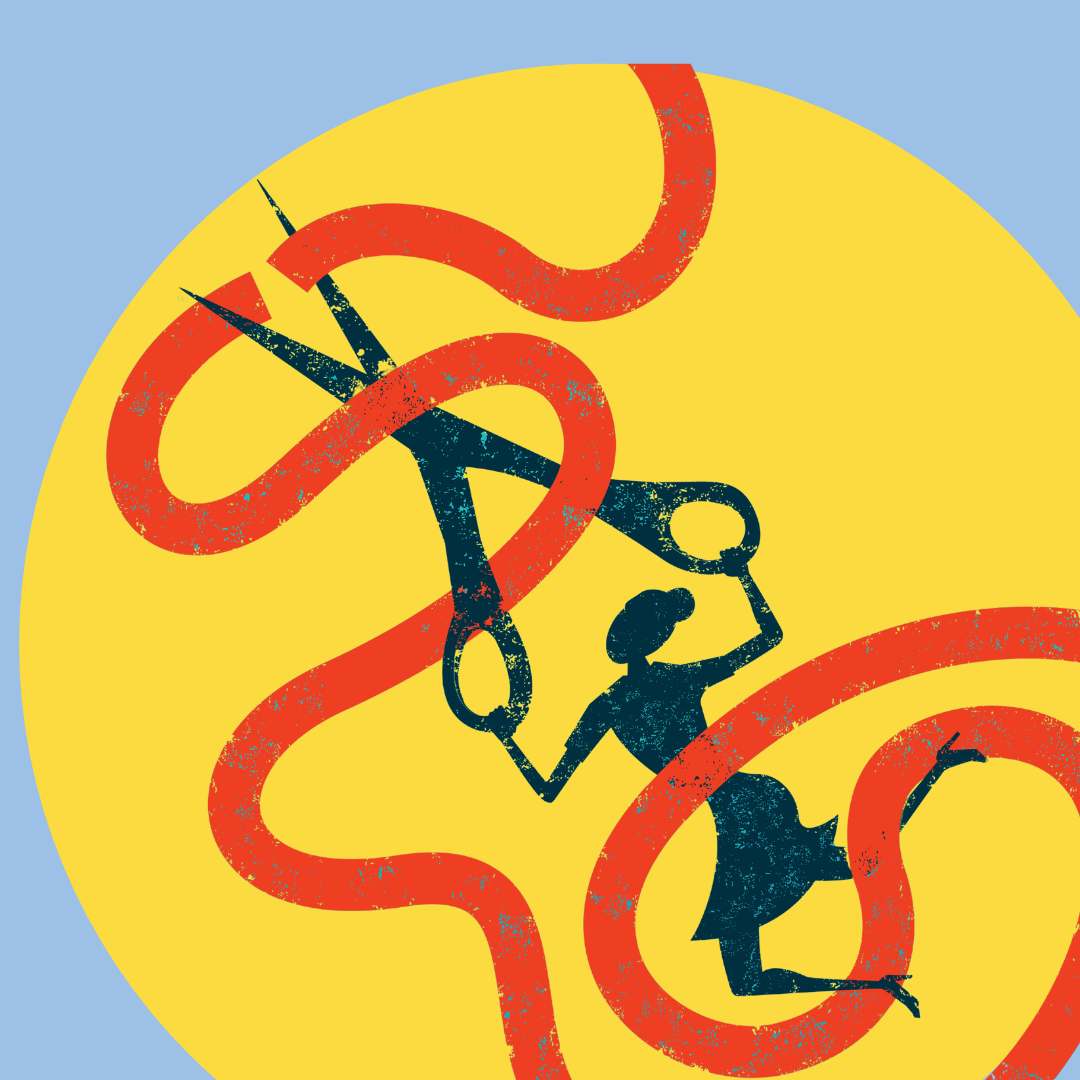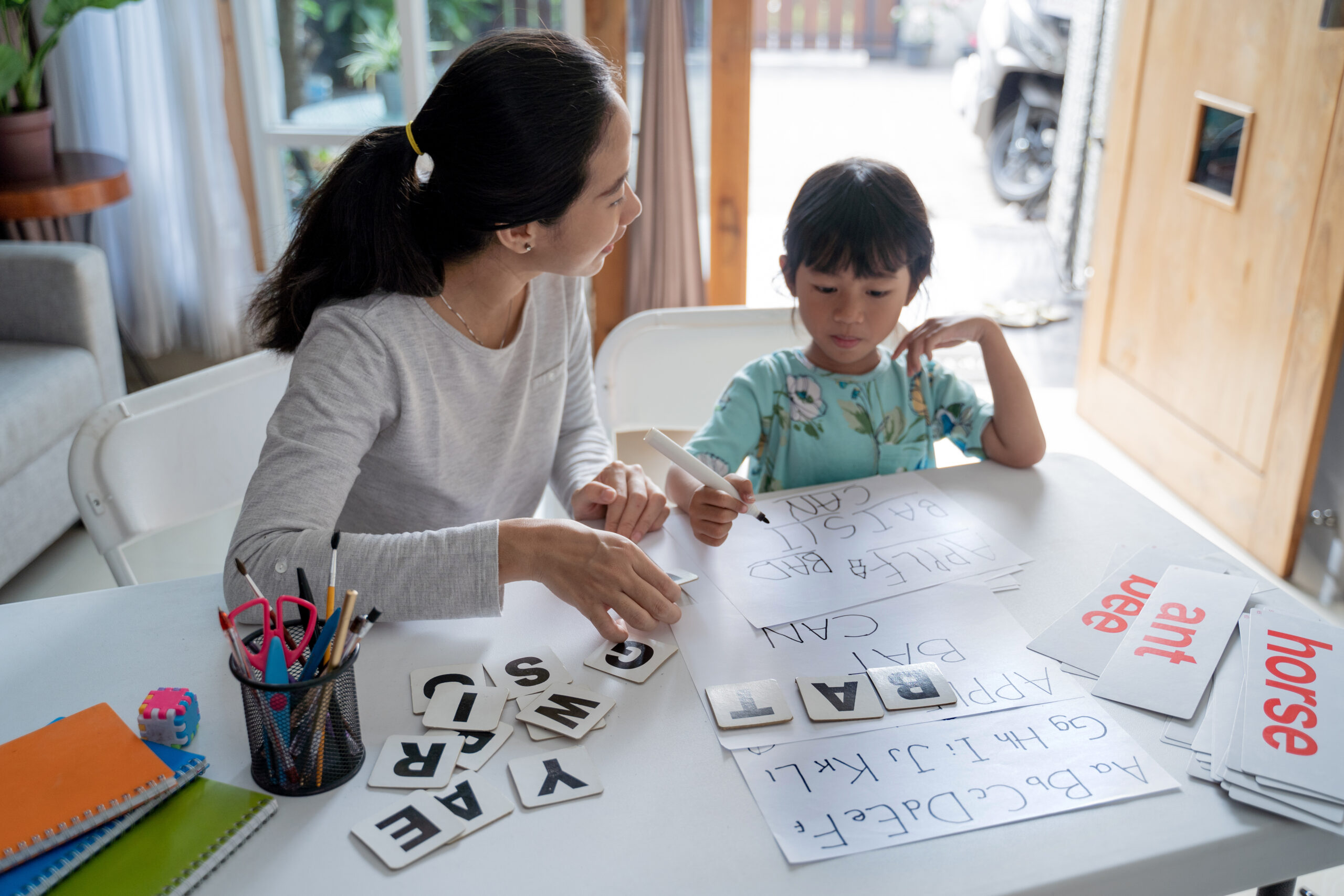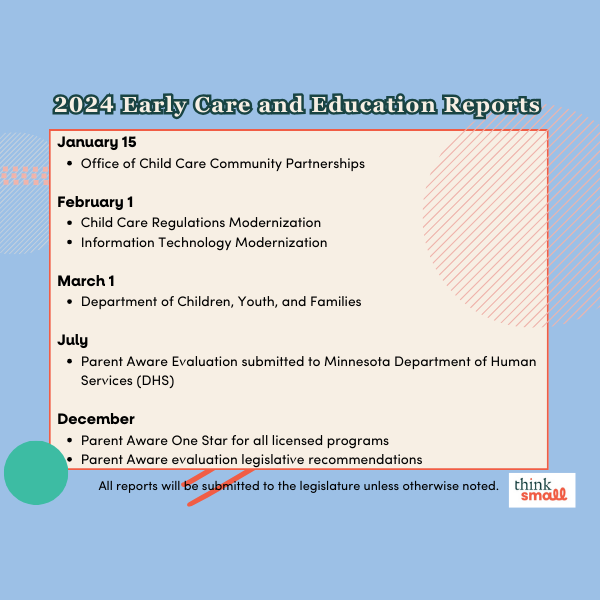As the 2024 legislative session winds down, the pile of ideas on the cutting room floor is growing and, unfortunately, it includes early literacy. It was a bumper biennium with nearly 5,500 bills introduced over the two years. While no one officially tracks how many words in those bills end up in law, it is safe to say that many more ideas are introduced than enacted. A key idea that made the jump from introduction to enactment in the 2023 session was the READ Act, a major piece of legislation aimed at improving Minnesota’s dismal reading achievement scores primarily through K-12 system reforms. Work to improve and enhance the READ Act continued into 2024 and makes up the lion’s share of the supplemental education spending bill working its way to the finish line. Unfortunately, advocates hoping to expand the READ Act to leverage the early years as a means of helping Minnesota move further faster on its literacy goals will have to wait, after a proposal championed by Senator Erin Maye Quade (DFL – Apple Valley) and Representative Mary Frances Clardy (DFL – Inver Grove Heights) failed to advance. The proposal included several approaches for supporting Minnesota’s youngest children in both in their child care and early learning programs, and at home. Specifically, the bill, which had an estimated cost of about $4 million, included the following measures, many of which were recommended in this Think Small white paper:
- The identification of curricula and assessments aligned to the Science of Reading.
- The identification and creation of professional development opportunities aligned to the Science of Reading,
- A pilot of a system to ensure intentional support for the literacy development of individual children (aka Multi-Tiered Systems of Support or MTSS), and
- An exploration of family engagement strategies to identify the strongest options for expansion.
Continue the Conversation
While there is disappointment that none of the ideas brought forward will receive state support, supporters of early literacy are resolved to continue working bolstered by the robust conversation that has started. That conversation will continue when Think Small convenes its final early literacy focused Small Talks event of the season on June 6. Please join us (Register Here) and into the fall as awareness continues to grow about the fact that building successful readers begins at birth. To continue following this important issue, sign up for our policy and advocacy updates. By Ericca Maas







